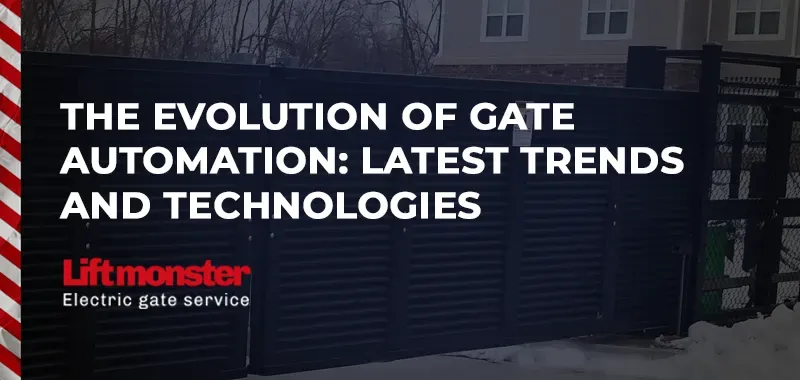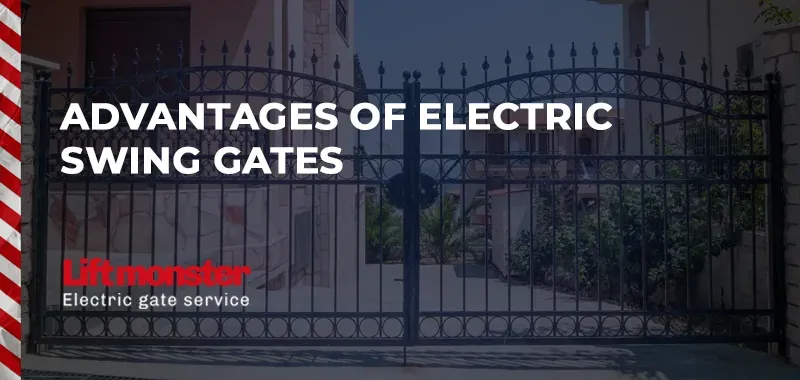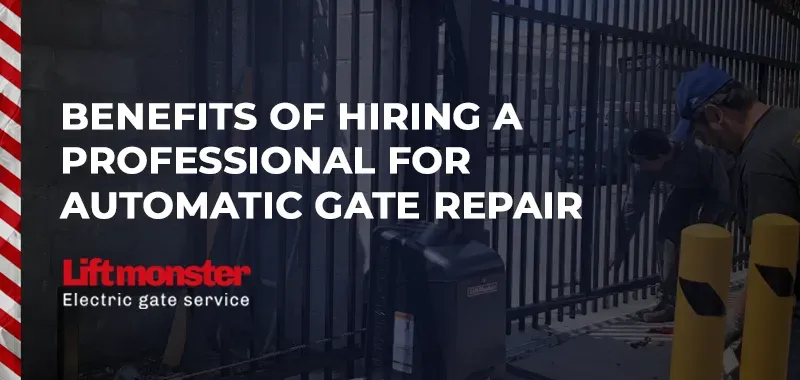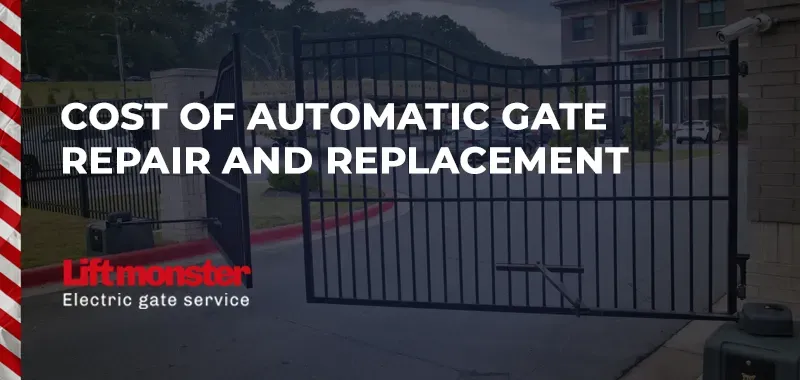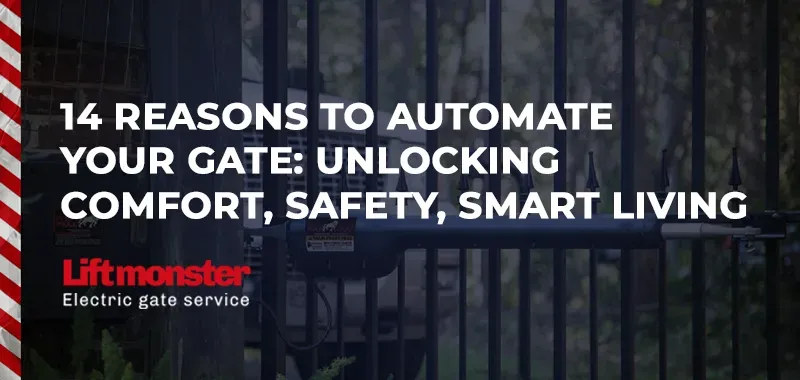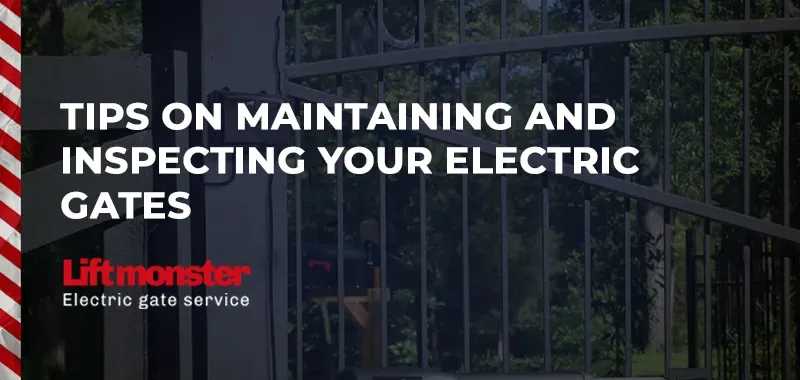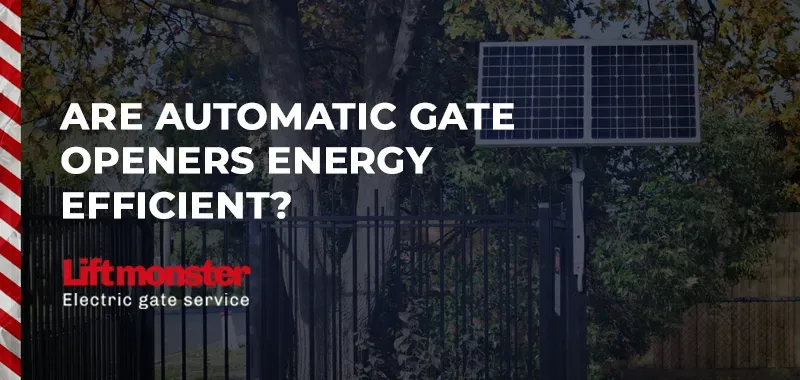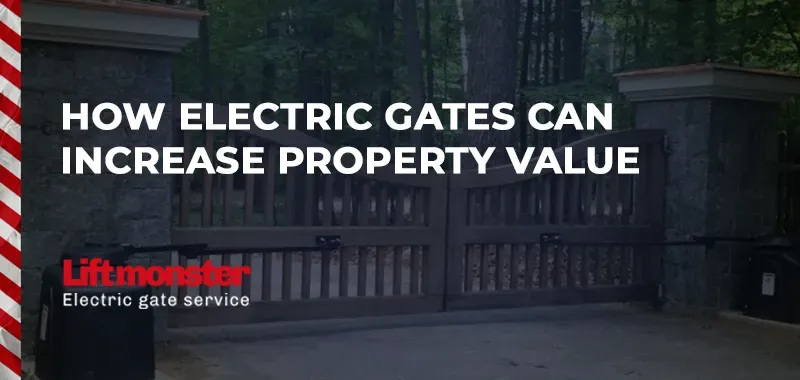Impact of Weather Conditions on Gate Functionality
If you’ve ever dealt with a malfunctioning gate, you know how frustrating it can be. One day, it’s working perfectly; the next, it’s sluggish, creaky, or downright stuck. What changed? The weather. Most people don’t realize that gates—whether manual or automatic—are highly susceptible to environmental conditions. Heat, cold, moisture, and even wind can wreak havoc on a gate’s mechanics, structure, and efficiency. In this guide, we’ll break down exactly how different weather conditions affect gates and what you can do to keep yours in top shape year-round.
24 Common Signs Indicating Your Gate Needs Repair
The Sweltering Heat: How Summer Wreaks Havoc on Gates
High temperatures can lead to gate expansion, causing misalignment issues. Metal gates absorb heat and expand, making it harder for them to open or close smoothly. If your gate seems unusually stiff or difficult to latch in the summer, chances are the heat is to blame.
Moreover, electronic gates are at risk of overheating. Prolonged exposure to intense sunlight can cause motors and circuit boards to fail prematurely. Solar-powered gates can also struggle during heat waves, as excessive heat reduces battery efficiency, leading to slower gate response times.
Solution:
Keeping gates well-lubricated helps minimize expansion-related friction. For automated gates, installing a small shade structure or heat-resistant covering can reduce direct sunlight exposure and prevent electronic components from overheating. If your gate is solar-powered, ensure the battery pack is in a shaded, ventilated area to optimize performance.
The Cold Factor: Freezing Temperatures and Their Effect on Gates
Cold weather, especially freezing temperatures, brings an entirely different set of challenges. Metal gates contract in extreme cold, which can cause warping and difficulty in proper closure. Additionally, snow and ice buildup can physically block a gate from moving altogether.
Automatic gates are particularly vulnerable to cold-related malfunctions. Ice accumulation inside motors and sensors can lead to erratic behavior or complete failure. Hydraulic gate operators, often used in larger commercial gates, become sluggish as the hydraulic fluid thickens in the cold, leading to delayed opening and closing.
Solution:
Regularly remove snow and ice buildup around the gate area. If you have an automated system, apply a de-icing agent around the motor and sensors to prevent ice from interfering with operation. Consider switching to low-temperature hydraulic fluid for optimal performance in freezing conditions.
The Unpredictability of Rain and Humidity
Moisture is a gate’s worst enemy. Wooden gates are especially vulnerable, as excessive rain or humidity can cause swelling, warping, or even rotting over time. Metal gates, while more resistant, aren’t invincible—continuous exposure to moisture leads to rust, which can weaken the structure and make moving parts stick.
Automated gates with exposed wiring or non-waterproofed electronics can short-circuit during heavy rains. Water pooling around electrical components can lead to corrosion, increasing the chances of costly repairs.
Solution:
Applying a weather-resistant sealant to wooden gates can prevent moisture absorption. For metal gates, regular rust prevention treatments—such as anti-rust sprays or coatings—are essential. For automated gates, ensure all electronic components are waterproofed and that the wiring is properly insulated.
The Wind Factor: Strong Gusts and Gate Stability
While wind might seem harmless compared to extreme temperatures or moisture, it can be surprisingly destructive. High winds can push against large gates, forcing them off track or even causing them to fall over if they aren’t properly secured. Swing gates, in particular, are vulnerable, as strong gusts can cause them to slam shut or open uncontrollably, potentially damaging the hinges and locking mechanisms.
Automated gates equipped with sensors may also experience disruptions in strong winds. Sensors designed to detect obstructions can mistake rapid movement from blowing debris as an obstacle, causing the gate to stop functioning or open unexpectedly.
Solution:
Installing wind-resistant gate designs—such as perforated or slatted gates—reduces wind resistance while maintaining security. Ensuring proper anchoring and reinforced hinges can prevent gates from being pushed out of alignment. If your gate has sensors, keeping them free from dust, dirt, and debris will help maintain proper function even in windy conditions.
The Long-Term Impact: What Happens When Weather Damage Is Ignored
Ignoring weather-related gate issues can lead to long-term problems that require costly repairs or full replacements. Warped gates can become permanently misaligned, making them impossible to close securely. Rusted metal components weaken over time, reducing the overall strength of the gate. Electrical failures in automatic gates can leave your property unprotected until expensive replacements are installed.
A neglected gate is more than an inconvenience—it’s a security risk. Malfunctioning locks, stuck gates, or unreliable automatic systems can leave your home or business vulnerable to intrusions. Addressing weather-related issues promptly ensures not only convenience but also peace of mind.
Final Thoughts: Weatherproofing Your Gate for Longevity
Weather is unpredictable, but gate maintenance doesn’t have to be. By understanding how different environmental factors impact your gate’s functionality, you can take proactive steps to prevent costly repairs and extend your gate’s lifespan. Whether it’s applying protective coatings, ensuring proper lubrication, or investing in weather-resistant materials, small measures can make a big difference.
A well-maintained gate is not just about convenience—it’s about security, efficiency, and long-term cost savings. Stay ahead of the weather, and your gate will thank you for it!

